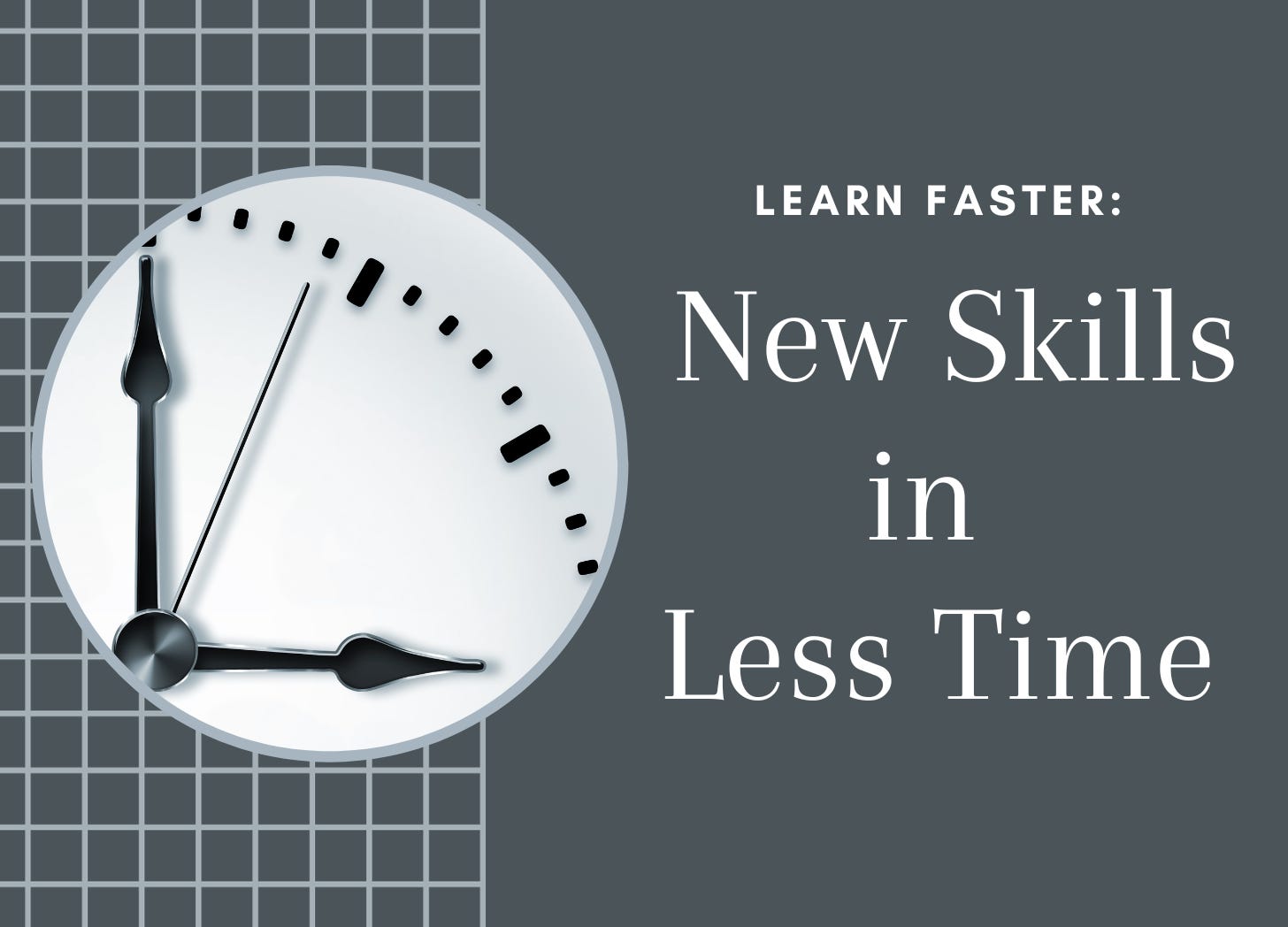The number one question authors ask me is: How do you find the time?
It’s a good question, one most of us are struggling with. I have a day job, a husband, a dog, an editing & ghostwriting agency, three WIPS, a YouTube channel, and the need to stay on top of industry trends for all of you.
Your list might be different, but it’s just as big. You have kids. You work full-time. You have a significant other. You have a pet. Or two. Or five. I don’t judge.
Now that National Novel Writing Month (NanNoWriMo) has started, a lot of writers are feeling the pinch, wanting to be part of this fun (?) activity, but getting stressed because the time isn’t there.
Instead, they’re getting frustrated because they can’t:
Write their WIP
Improve their writing craft
Learn new skills
The time just isn’t there. But these are all vital to being a successful writer. Vital as in not optional. So where does the time come from?
The simple answer: Work Faster
My Time-Speeding Hacks
The only possible way I can get all my c…


